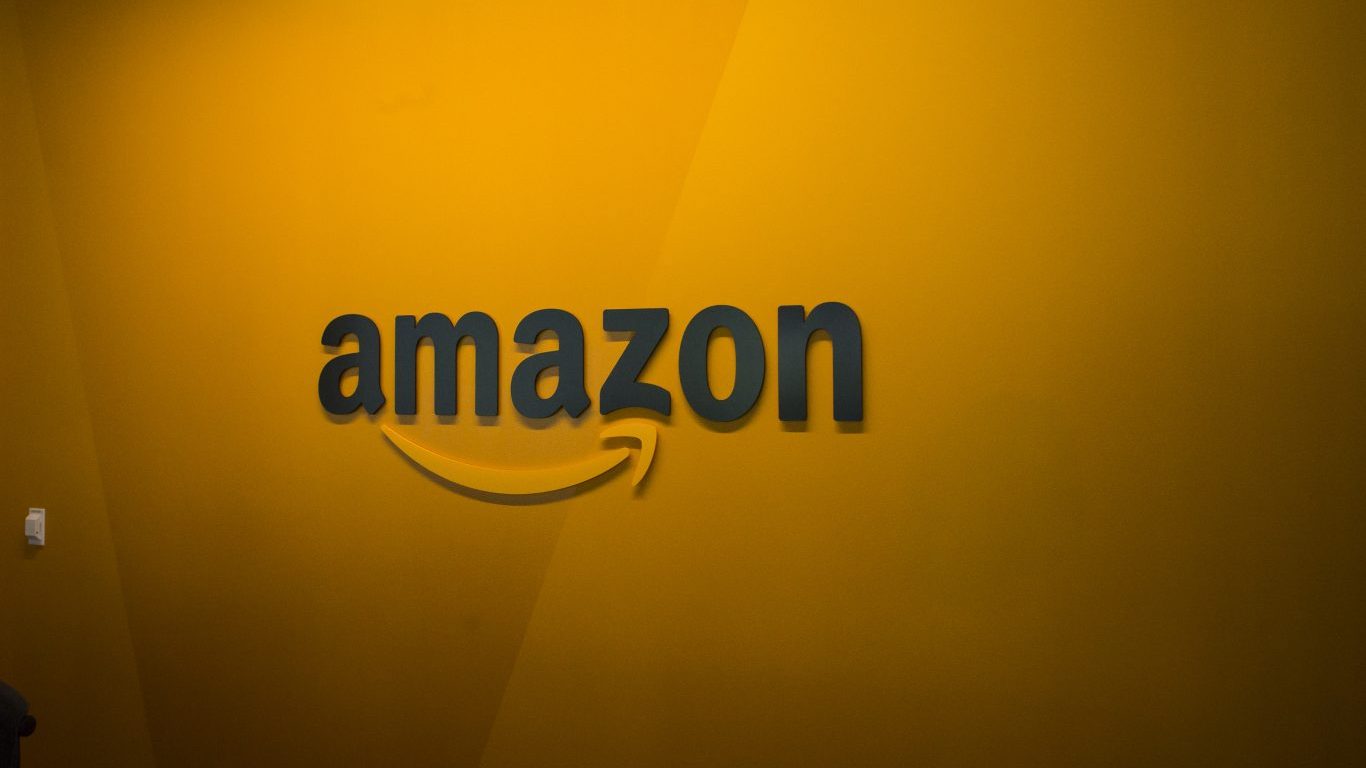Technology
These Are the 3 Pieces Amazon Could Be Broken Into

Published:
Last Updated:

Presidential candidate Senator Elizabeth Warren wants Amazon.com, Google and Facebook to be broken into pieces and intends to do so if she wins the election. Robert Reich, a former Secretary of Labor, has publicly agreed. While it may be hard to see how Google and Facebook could be divided because each has one dominant business, a plan for how Amazon might be broken up is much easier to imagine. It already operates in three discrete enterprises that do not need to be together to prosper.
Warren’s argument against the three tech giants is that “They’ve bulldozed competition, used our private information for profit, and tilted the playing field against everyone else.” Her argument has precedent from over a century ago in the break-up of John D. Rockefeller’s Standard Oil Trust in 1911. It had a lock on the production, transportation and refining of oil in the United States. AT&T, which virtually controlled the American telecom market, was broken into pieces at the start of 1984. The government threatened to do the same with Microsoft. The two parties reached an agreement in 1994 that limited the way Microsoft operated some of its businesses.
Amazon continues to be one of America’s most admired companies. Its customer service also ranks in the customer service hall of fame. Amazon’s original business was e-commerce. It dominates that industry in the United States and has contributed to the decline of the brick-and-mortar segment of retail. That, in turn, has triggered the loss of tens of thousands of American jobs. E-commerce continues to be its largest operation. Amazon posted total revenue of $233 billion in 2018. Of this total, its North American e-commerce business contributed $141 billion. Its international business added $66 billion. A large portion of these domestic and international revenues are driven by Prime, a set of paid subscription services that have well over 100 million members worldwide. Among Prime’s most significant benefits are a free streaming service, which is among America’s most dominant, and a free shipping program. E-commerce is the first of the three parts that constitute the operation that makes up Amazon.
Amazon is the world’s leader in cloud computing, one of the fastest growing segments of the tech industry. It is the number one provider of these services by far. Its share of the public cloud business was recently put a 62%, followed by Microsoft at 20% and Google at 12%. The cloud division of Amazon is called AWS. It had revenue of almost $26 billion last year and made just more than $7 billion, for an impressive 27% operating profit margin. This is the second portion of Amazon that could be spun out into a separate company.
The revenue for Amazon’s third large and dominant business is rolled into its e-commerce operations, so financially, it is hard to identify. Amazon has a huge consumer electronics business that, among other things, dominates the artificial intelligence products market that consumers use in their homes. Amazon also sells computers, e-readers and streaming media hardware. Amazon’s Alexa software can control home entertainment, communications, shopping and smart home services that include temperature control and bulbs and cameras that are voice activated. Estimates are that it has 75% of the global smart speaker markets. Amazon sells hardware run by Alexa. It is almost certain to move these products into the business sector.
A review of these three parts of Amazon shows that they each hold a massive lead in their respective business. And each could operate independently from the other two.
Reich argues that the three companies could be regulated. However, he further explains that “A better alternative is to break them up. That way, information would be distributed through a large number of independent channels without a centralized platform giving all content apparent legitimacy and extraordinary reach. And more startups could flourish.”
While Google dominates the search industry and Facebook the social network segment, Amazon dominates three parts of the tech industry. That makes it the easiest of the three to dismantle.
Thank you for reading! Have some feedback for us?
Contact the 24/7 Wall St. editorial team.